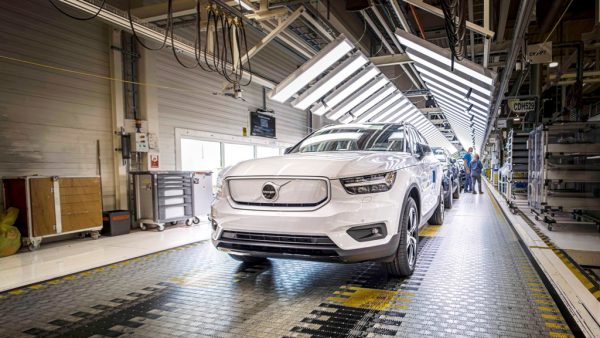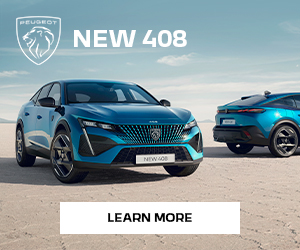Volvo And Polestar Are Beating Their 2020 CO2 Target
It’s no secret that Volvo Cars are very committed to becoming a more environmentally-friendly company. They’re constantly improving their production process, signed the G7 Ocean Plastic Charter, and have set targets for electric car sales. Even locally, they’ve been reducing paper use.

It’s clear they’re going above and beyond what is legally required for them under current regulation. Further proof of this is that Volvo Cars and Polestar have already reduced fleet emissions beyond their joint CO2 target for 2020.

Here’s the press release with more.
PRESS RELEASE
Volvo Cars and its strategic affiliate Polestar can confirm that they will reduce fleet emissions beyond their joint CO2 target for 2020 as defined by the regulations set by the European Commission, adding further credibility to both companies’ strategic focus on electrification.
As a result, Volvo Cars and Polestar have, as Volvo Car Corporation, entered into a pooling arrangement with Ford offering their surplus CO2 emissions to Ford and potentially other car makers in line with the pooling system implemented by the European Commission. The resulting revenue from the deal will be reinvested in new green technology projects.
Volvo Cars was the first established car maker to commit to all-out electrification and is the only brand to offer a plug-in hybrid variant on every model in its line-up. It will also introduce a range of fully electric models in coming years, starting with the XC40 Recharge, deliveries of which will start later this year.
Sales of its plug-in hybrid cars amounted to more than a quarter of sales in Europe during the first three quarters of 2020. During the period, Volvo Cars was the number one plug-in hybrid premium brand in Europe as measured by IHS, and by 2025 Volvo Cars aims for its global sales volume to consist of 50 per cent fully electric cars, with the rest hybrids.
Meanwhile, Polestar started deliveries of its fully electric Polestar 2 model earlier this year and has quickly become one of the most prominent electric car brands in Europe, as the electric car company continues to build its presence in the market.
Volvo Cars’ electrification strategy is part of its ambitious climate plan, under which it aims to become a climate neutral company by 2040. The plan goes beyond addressing tailpipe emissions through electrification; the company will also tackle carbon emissions in its manufacturing network and wider operations, its supply chain and through recycling and reuse of materials.
As a first, tangible step towards its 2040 goal the company aims to reduce its lifecycle carbon footprint per car by 40 per cent between 2018 and 2025, including through a 50 per cent reduction in tailpipe emissions per car.














